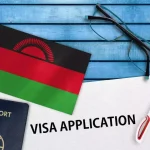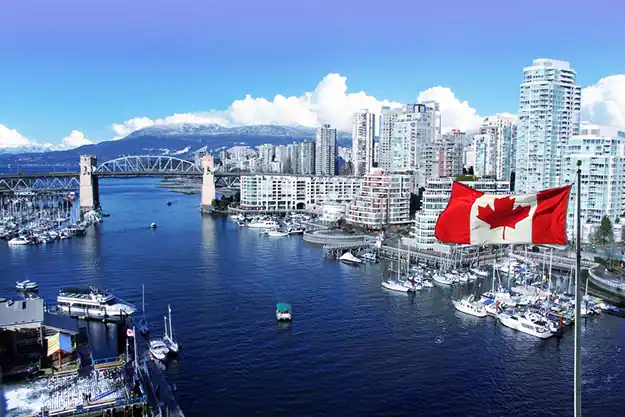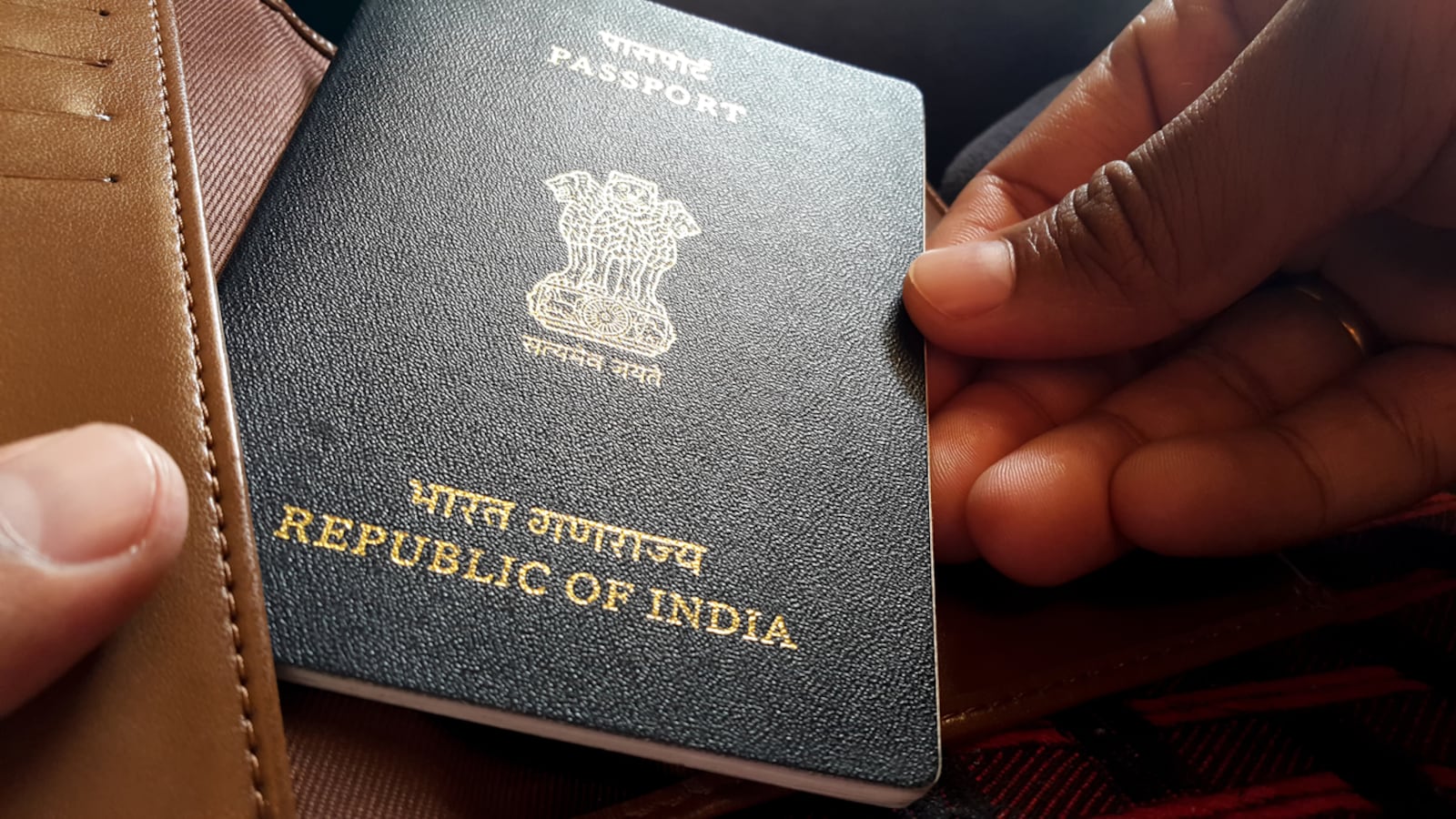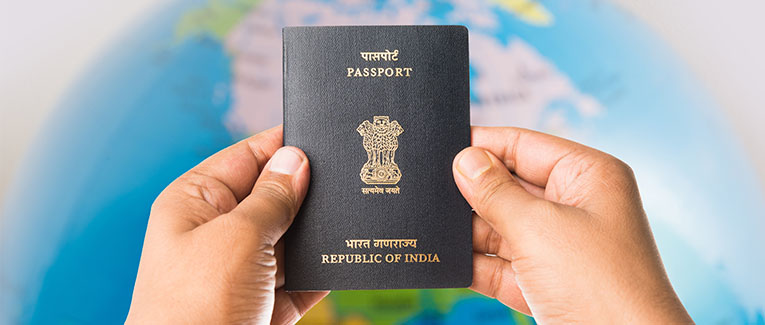Are you interested in moving to Canada and starting a new life but unsure of the immigration policies? Look no further! In this blog post, we will break down everything that you need to know before applying for a visa. From understanding the different types of visas available to navigating the application process, we’ve got you covered. Get ready to learn more about your future home and take the first step towards making your Canadian dream come true! CANADA VISA FOR BRITISH CITIZENS
What is the Canadian Immigration Policy?
Canada is a country of immigrants. In fact, according to the 2016 Census, Canadian residents were born in 162 countries and territories. That’s why it can be tough to know what the Canadian immigration policy is, especially if you’re not from Canada. Here are some basics on how the Canadian immigration system works:
To apply for a visa to Canada, you first need to decide which type of visa you want. There are three types of visas available to foreigners ( citizens, permanent residents, and temporary residents) in Canada:
-Citizenship : This is the most common type of visa and allows foreign nationals who are living in their home country legally or who have been granted refugee status to visit Canada for up to six months without having to get a visa. After six months, they must get a visitor visa if they want to stay longer than six months or work in Canada. CANADA VISA FOR AUSTRALIAN CITIZENS
-Permanent Resident : If you’re not a citizen or refugee but want to live and work in Canada permanently, you need a permanent resident visa. Permanent residents are eligible for citizenship after five years have passed since they first became a permanent resident.
-Temporary Resident : If you only plan on visiting Canada for a short period of time (up to three months), you don’t need a temporary resident visa. However, if you want to stay longer than three months or work in Canada, you will need a temporary resident visa.
How to Apply for a Canadian Visa
If you are planning to travel to Canada, or already live in the country, your first step is to apply for a Canadian visa.
There are three types of Canadian visas: resident, temporary visitor and permanent resident.
To apply for a Canadian visa, you will need to complete an application form and provide documentation that proves your eligibility.
Some common required documents include: proof of citizenship or legal residence in Canada, a valid passport with at least six months remaining validity, proof of financial stability (a bank statement, tax returns), and medical insurance coverage for any length of stay in Canada.
You may also be asked to provide personal information such as your name and date of birth.
Once you have collected all the required documents, you can submit them to the Canadian embassy or consulate where you reside.
Please note that there is a processing time associated with applying for a Canadian visa, so be sure to submit your application as soon as possible.
Requirements for a Canadian Visa
A Canadian visa is a document that allows citizens of certain countries to enter, stay, and work in Canada. The visa requirements for Canadians depend on the country you are from and the type of visa you are applying for.
To be eligible for a Canadian visa, you must meet certain requirements:
-You must be a citizen of a country that is part of the Schengen Agreement. This includes most European countries, as well as Australia, New Zealand, and many other countries.
-You must have valid travel documents (such as a passport or airline ticket).
-You must not have any criminal convictions that would make you ineligible to enter Canada.
What to Do If You Are Denied a Canadian Visa
If you are applying for a Canadian visa, there are some things you need to know in order to ensure your application is successful. The first step is to gather all of the information required by the Canadian embassy or consulate. This includes your passport number, citizenship, date of birth, and other identifying information.
Once you have your documents ready, you will need to submit them online or in person at the Canadian embassy or consulate. If you are applying online, make sure that you have all of your required documents uploaded before completing the application form. You will also need to pay the applicable visa fee.
If you are applying in person, be prepared to provide evidence of your identity and citizenship. You will also need to provide documentation that proves you have enough money to cover your stay in Canada and any associated costs. You should also bring proof of travel arrangements if you plan on traveling during your stay in Canada.
If everything goes according to plan, you will receive a letter informing you whether or not your application has been approved. If it has not been approved, there may be some additional paperwork that you need to fill out before submitting your application again. In most cases, however, an approved visa will allow you entry into Canada and begin your journey towards residency status.
Conclusion
If you are interested in immigrating to Canada, it is important to have a clear understanding of the Canadian immigration policies before applying. This article will outline the steps that you need to take in order to apply for a visa and provide an overview of the different types of visas that are available. If you have any questions about Canadian immigration policies or want to know more about how best to apply for a visa, do not hesitate to contact one of our experts at Immigration Solutions Canada.





























